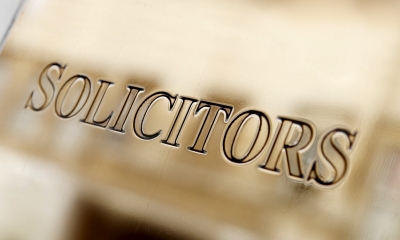
Whether you are suing or being sued, any kind of lawsuit can be stressful, expensive and time-consuming. Understanding the best way to deal with a dispute can help reduce the problems and increase your chances of success.
Negotiation
Going to court should always be a last resort: wherever possible, you should try to negotiate a solution. Exchanging information and explaining your position to the other side can help. It can count against you later if you don't take reasonable steps to settle before going to court.
At any stage in the proceedings, you can make an offer to the other party to settle the dispute. By making an offer 'without prejudice' it cannot be used against you later in court. You should always take advice on exactly how to proceed.
Deciding to litigate
If you can't settle a commercial dispute, you have to decide whether it is sensible to go to court. Unless you have a strong case and the evidence to back up your claims, litigation can be very risky. A court case can also be a major distraction from running your business.
Even if you expect to win, you need to consider the costs. If you do win, the other side has to pay some of your legal costs - but not all of them, so you will still be out of pocket. If they cannot afford to pay (for example, because they become insolvent), you may not be able to recover either your compensation or any part of your legal costs from them. If you lose the case, you pay your own legal costs and part of the other side's costs.
Making or defending a court claim
A court case starts with one side in a dispute issuing a claim in the County Court or the High Court. Details are then sent to the defendant. The defendant can admit liability, make an offer to settle or defend the claim.
If the defendant decides to defend the claim, the case is allocated to one of three tracks. Small claims - typically up to £10,000 but sometimes larger - are usually allocated to the small claims track. This is the cheapest and least formal procedure; you may be able to handle a small claims case yourself, online.
Larger cases (up to £25,000) are allocated to the fast track, which also uses somewhat simplified procedures. The largest cases go to the multi-track. Legal advice is strongly recommended for fast track or multi-track cases.
Whatever track the case takes, the court will issue directions saying what you need to do to prepare for the hearing and setting out a timetable. Each side will need to disclose relevant documents to each other before the hearing. Missing any deadlines may mean that you lose your right to continue the claim.
Finally, the court will make its decision, including deciding who should pay which legal costs. Although you may be able to appeal against a decision, this can be difficult and will inevitably increase costs further.



